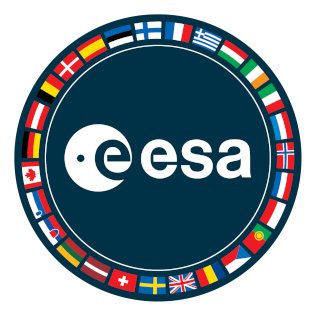Article text
Jeff Foust
4–5 minutes
WASHINGTON — Hungary has become the latest country to sign the Artemis Accords, outlining norms of behavior for sustainable space exploration.
In a social media post Oct. 22, NASA Acting Administrator Sean Duffy said Hungary signed the Accords, becoming the 57th nation to do so and the fifth this year, following Finland, Bangladesh, Norway and Senegal.
“Their decision to join the Artemis Accords affirms a shared commitment to peaceful, transparent exploration — at a time when others seek to weaponize the final frontier,” Duffy wrote.
That post was the only formal announcement of the signing. NASA is not issuing press releases or social media updates during the federal government shutdown that began Oct. 1. The State Department, which typically announces Artemis Accords signings, also had not published a statement as of late Oct. 22, nor had Hungary’s Foreign Ministry.
The announcement coincided with a visit by Hungarian Foreign Minister Péter Szijjártó to the United States. A one-paragraph readout from the State Department about Szijjártó’s meeting with Secretary of State Marco Rubio on Oct. 22 did not mention the Artemis Accords.
The signing comes a few weeks after 39 of the then-56 signatory nations met during the International Astronautical Congress in Sydney, Australia, to discuss progress in implementing the accords and strategies for encouraging more countries to sign on.
“We want more people to join us and explore with us,” Amit Kshatriya, NASA associate administrator, said at a briefing after the meeting. “But when resources are constrained, how do you make sure that emerging spacefaring nations are able to participate in this incredible adventure?”
Hungary is a member of both the European Union and the European Space Agency (ESA) but has occasionally chosen to act independently in space partnerships. While ESA members Sweden and Poland worked through ESA to fly astronauts to the International Space Station on Axiom Space private astronaut missions, Hungary arranged directly with Axiom the flight of a Hungarian astronaut on the Ax-4 mission earlier this year.
Despite the name, the Artemis Accords are not directly tied to the NASA-led Artemis lunar exploration campaign: signing the Accords, for example, does not guarantee that a country will be a part of the initiative. However, some associate the success of the Accords to that of Artemis itself.
“The expansion of the Artemis Accords continues to be a win for a future in space that reflects American values of peace, transparency and safety. However, the success of the accords is inextricably linked to the success of the Artemis program,” Mike Gold, president of civil and international space at Redwire and a former NASA official who led development of the Accords more than five years ago, told SpaceNews.
“Thanks to the passionate support of leaders such as Sen. Ted Cruz and Secretary Sean Duffy for Artemis and beating China to the moon, I’m confident that we can lead not just in technology but in policy,” he added.

